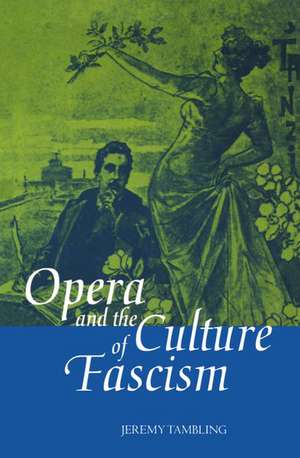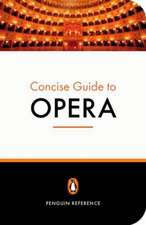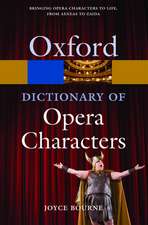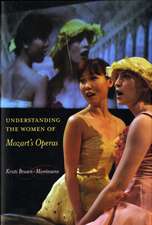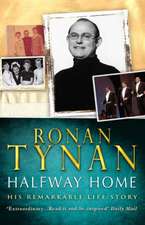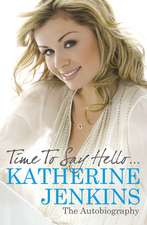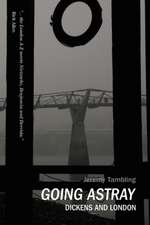Opera and the Culture of Fascism
Autor Jeremy Tamblingen Limba Engleză Hardback – 3 oct 1996
Preț: 1052.51 lei
Preț vechi: 1599.89 lei
-34% Nou
Puncte Express: 1579
Preț estimativ în valută:
201.39€ • 210.84$ • 166.64£
201.39€ • 210.84$ • 166.64£
Carte tipărită la comandă
Livrare economică 25-31 martie
Preluare comenzi: 021 569.72.76
Specificații
ISBN-13: 9780198165668
ISBN-10: 0198165668
Pagini: 284
Dimensiuni: 161 x 242 x 20 mm
Greutate: 0.58 kg
Editura: OUP OXFORD
Colecția OUP Oxford
Locul publicării:Oxford, United Kingdom
ISBN-10: 0198165668
Pagini: 284
Dimensiuni: 161 x 242 x 20 mm
Greutate: 0.58 kg
Editura: OUP OXFORD
Colecția OUP Oxford
Locul publicării:Oxford, United Kingdom
Recenzii
This is a potentially exciting book. Its author is a professor of comparative literature and therefore has a wide range of historical and cultural material available with which to work.
Tambling has an instinct for a topical subject ... His book is an argument not only for 'critical' stage production but, more importantly, for a 'self-critical' response from the public.
Tambling takes the texts of opera seriously. He is interested in why composers have chosen their subjects, and how these relate to their opinions and to the prejudices of the societies in which they lived. Tambling is courageously attempting to strike deeper, to suggest that audiences cannot allow themselves to be merely 'entertained' by operas and should be troubled by their subject-matter and sub-texts - and he shows real insight in bringing these to the surface.
Tambling has an instinct for a topical subject ... His book is an argument not only for 'critical' stage production but, more importantly, for a 'self-critical' response from the public.
Tambling takes the texts of opera seriously. He is interested in why composers have chosen their subjects, and how these relate to their opinions and to the prejudices of the societies in which they lived. Tambling is courageously attempting to strike deeper, to suggest that audiences cannot allow themselves to be merely 'entertained' by operas and should be troubled by their subject-matter and sub-texts - and he shows real insight in bringing these to the surface.
